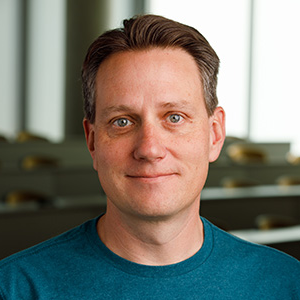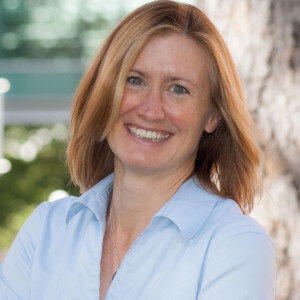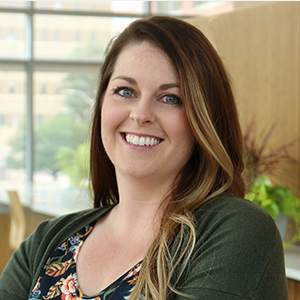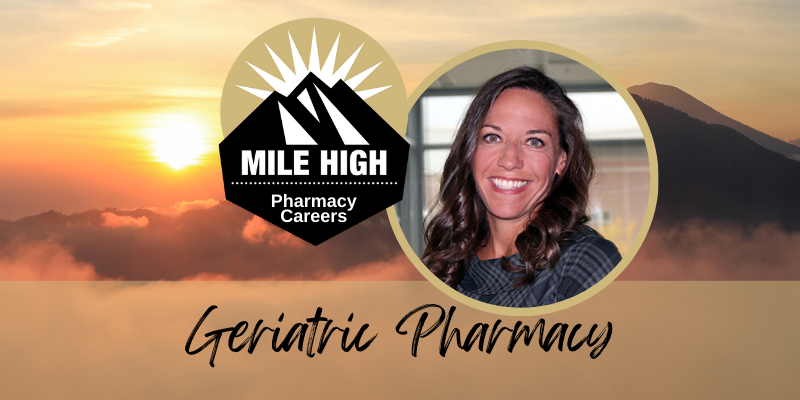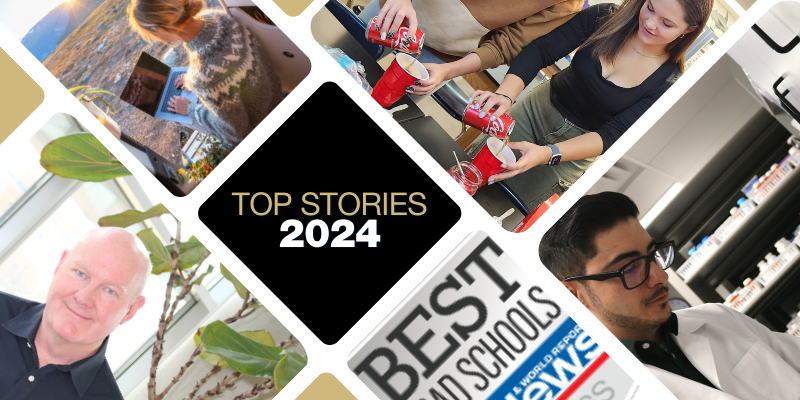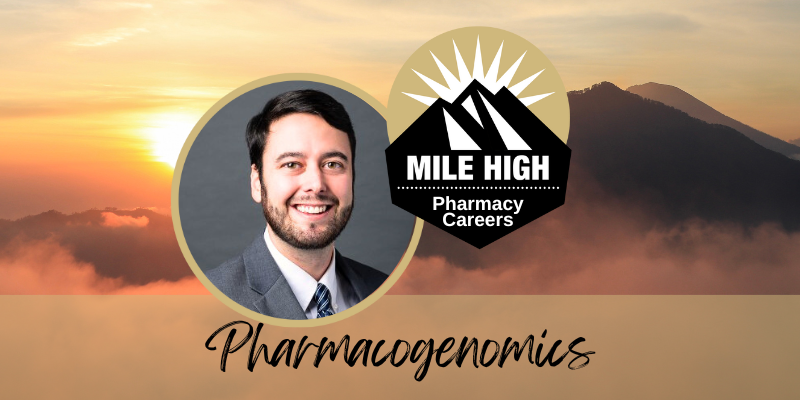According to the National Science Foundation, a small percentage of underrepresented minorities (URM) pursue post-secondary studies in STEM fields. Of those who do, only 12 percent go on to receive a doctoral degree in the sciences. Ten years ago, Skaggs School of Pharmacy and Pharmaceutical Sciences (CU Pharmacy) Professor Jared Brown, PhD, decided to do something about that.
“I got the original idea from seeing other summer-based research programs that focused on topics such as cancer, biomedical sciences, neuroscience, etc., but there was nothing available that trained students in the environmental health sciences,” Dr. Brown explained.
Brown was specifically looking into environmental health sciences because it is his field of expertise. More and more the globe is seeing the impacts of environmental pollutants on human health, ranging from air pollution being a top five risk factor for cardiovascular disease to the recent recognition of health effects of PFAS in drinking water. He was also interested in having students spend more time in a lab than just a summer. Around the same time, he discovered a possible funder, and some collaborators on campus for his idea.
The Beginning
Brown originally partnered with John Repine, MD and David Schwartz, MD, from the CU School of Medicine to create what would be known as the Colorado Undergraduate Research in Environmental Health Sciences (CUrehs) Program. The program, funded by the National Institute of Environmental Health Sciences (NIEHS), is a paid year-long research and mentorship opportunity specifically for undergraduate science majors from an underrepresented minority population, with disabilities or disadvantaged backgrounds.
“Most of these students have to work during their undergraduate years and don’t have the luxury of foregoing a job or taking a non-paid internship to get experience,” Brown said. “They're excellent students in their fields, but they just don’t know how to make the leap from outstanding undergrad student to exceptional graduate student candidate.”

Students and faculty in the CUrehs program on a group trip to the Rocky Mountain Arsenal Wildlife Refuge in Aurora, Colorado. |
CUrehs helps them do that by combining practical skills like developing an effective application, writing a resume, networking and meeting working scientists with on-the-job training in a research laboratory where they are paired with a mentor based on their research interests. The students develop a research project, analyze the data, provide a final report and professionally present their findings to fellow scientists — all while getting paid.
The Results
Since that time, the CUrehs program has mentored more than 60 undergraduate students interested in environmental health and research experiences. The numbers alone are impressive, but it wasn’t until Brown was gathering data for a grant to support the program that the student outcomes came into full focus.
“While putting together this grant renewal, we figured out that 100 percent of our undergraduate trainees ended up completing their studies at the University of Colorado Denver, as compared to the average UCD graduation rate of around 43 percent,” Brown said. “This success metric speaks volumes to the rigorous and supportive experience that these students receive from the CUrehs program.”
As further proof of the program’s value, more than 40 percent of the trainees have gone on to pursue master’s degrees in pharmacy and public health, as well as Doctor of Pharmacy, Medicine and Osteopath degrees. Today, Brown co-directs the program with Associate Professor Alison Bauer, PhD, from the Colorado School of Public Health.
“Our program is the only one of its kind for undergraduates at the University of Colorado Anschutz,” said Dr. Bauer. “… it’s important to give underserved students a paid research opportunity that has the potential to lead to future careers in environmental health research, healthcare professions, among others. Many of these students would otherwise never have any research experience prior to applying to graduate or any professional schools.”
“This is more than a summer job doing lab maintenance, cleaning pipettes and glassware,” Brown said. “We really wanted to provide a valuable experience and give them a leg up while developing an interest in environmental health careers.”
Each year, six undergraduates from CU Denver are selected to participate in the program which requires a one- to two-year commitment. CUrehs provides a paid summer research program of eight weeks and a year-round research opportunity up to 10 hours per week. The program is focused on training students in the environmental health sciences. This includes research opportunities in biomonitoring of environmental exposures, genetics of environmental lung diseases, nanotechnology health and safety, environmental causes of cancer and kidney disease, and health effects of inhaled pollutants.
The Impact

Jimmy Tangchittsumran in the lab. |
CU Denver senior Jimmy Tangchittsumran will complete the CUrehs program this spring – and has been accepted into the CU Pharmacy class of 2028, slated to start in August. Tangchittsumran is a first-generation college student from Queens, NY, a United States Veteran, a biochemistry researcher, and the proud paw-parent of a Labrador Retriever named Waffle. He spent his time in the program working under CU Pharmacy Assistant Professor and researcher Rebecca McCullough, PhD, in her lab.
“Dr. McCullough and the graduate students at the McCullough Lab have been vital to my learning and success,” Tangchittsumran said. “Whether I was having problems running a Western blot, tissue staining for immunohistochemistry, or analyzing the data to gather cogent results, I always had support and assistance with troubleshooting.”
"Jimmy is perhaps one of the most enthusiastic trainees I have ever had,” said McCullough. “He was so excited to learn new techniques and really adapted to helping my entire lab out. Since joining our group, I have seen him gain more confidence and become more independent on his project which has yielded a promising research direction for a future student to build upon.”
According to McCullough, over this past year, Tangchittsumran has attended and presented work related to his work with Dr. Kuhn (CU Anschutz) at the TRIO Ronald E. McNair Scholar Program in San Diego, CA and also participated in the Research and Creative Activities Symposium at CU Denver. Tangchittsumran’s long-term goal is to research and work with patients with autoimmune diseases. A cause near and dear to his heart, he has made it a priority in his education and is very excited to join the PharmD class at CU Pharmacy this fall.
McCullough is excited for him as well. “He will be a great classmate, colleague, and most importantly, a solid health provider,” she said.
Tangchittsumran’s success is reflective of an intentional program model.
“The success of our program has all to do with the student ambition and the mentorship from our faculty involved,” said Bauer. “We have many students that start our program with no research experience at all, however some have left with authorship on a published paper or travel to a scientific meeting to present their research. It’s all about the mentorship.”

